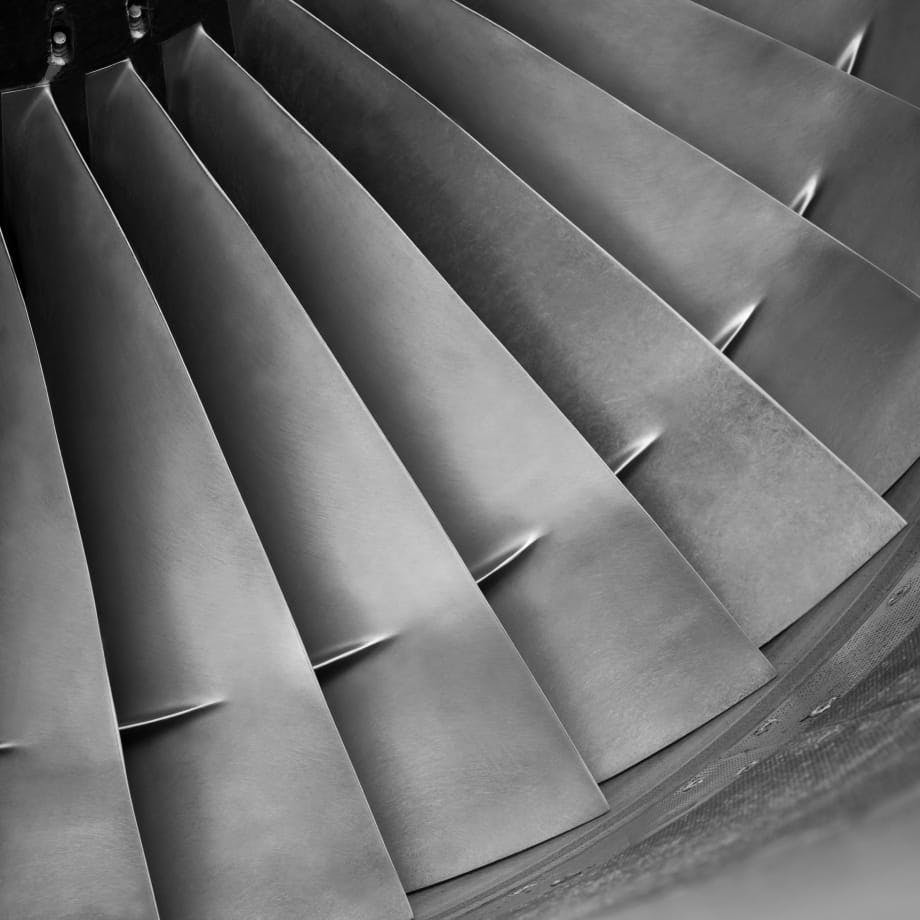The FDA recommends that patients using recalled devices speak to their primary care physician about options for care and treatment if a CPAP or BiPAP machine is not available or there are no other assistive devices suitable for the patient’s condition. If the health care provider wants to stop the use of a respiratory machine, they may work with the patient to pursue alternatives like positional therapy, surgical options, oral appliances, or other procedures.
If the health care provider suggests continued, but limited use, the patient may be asked to make life changes like weight loss, sobriety, and stopping the use of tobacco products. Additionally, the patient may be weaned off the machine to reduce dependence but only under the oversight of their doctor.
Philips CPAP machine owners should beware of UV light and ozone cleaners. The FDA has found that the use of these cleaning products aids in the breakdown of the polyurethane foam and may contaminate the air tubes. These cleaners are often not medical-grade and may leave an uneven concentration of product in the tubes and mouthpiece which can cause skin conditions and other issues.
UV light and ozone cleaners include:
- UV or blue light products
- Non-FDA or manufacturer-recommended ozone aerosols or sprays
- Self-cleaning products
- Ozone generators
- Ozone Purifiers
In addition to following FDA guidelines for cleaning, patients are encouraged to keep their registration confirmation number to register the device. Patients can use this number to determine whether their machine is a part of the recall.
Patients with severe respiratory conditions can apply for prioritized replacement of their products through Philips Respironics. Applying will put the patient on a waiting list for new devices as the company continues to handle the recall.
Under NO circumstances should you attempt to remove the foam.



